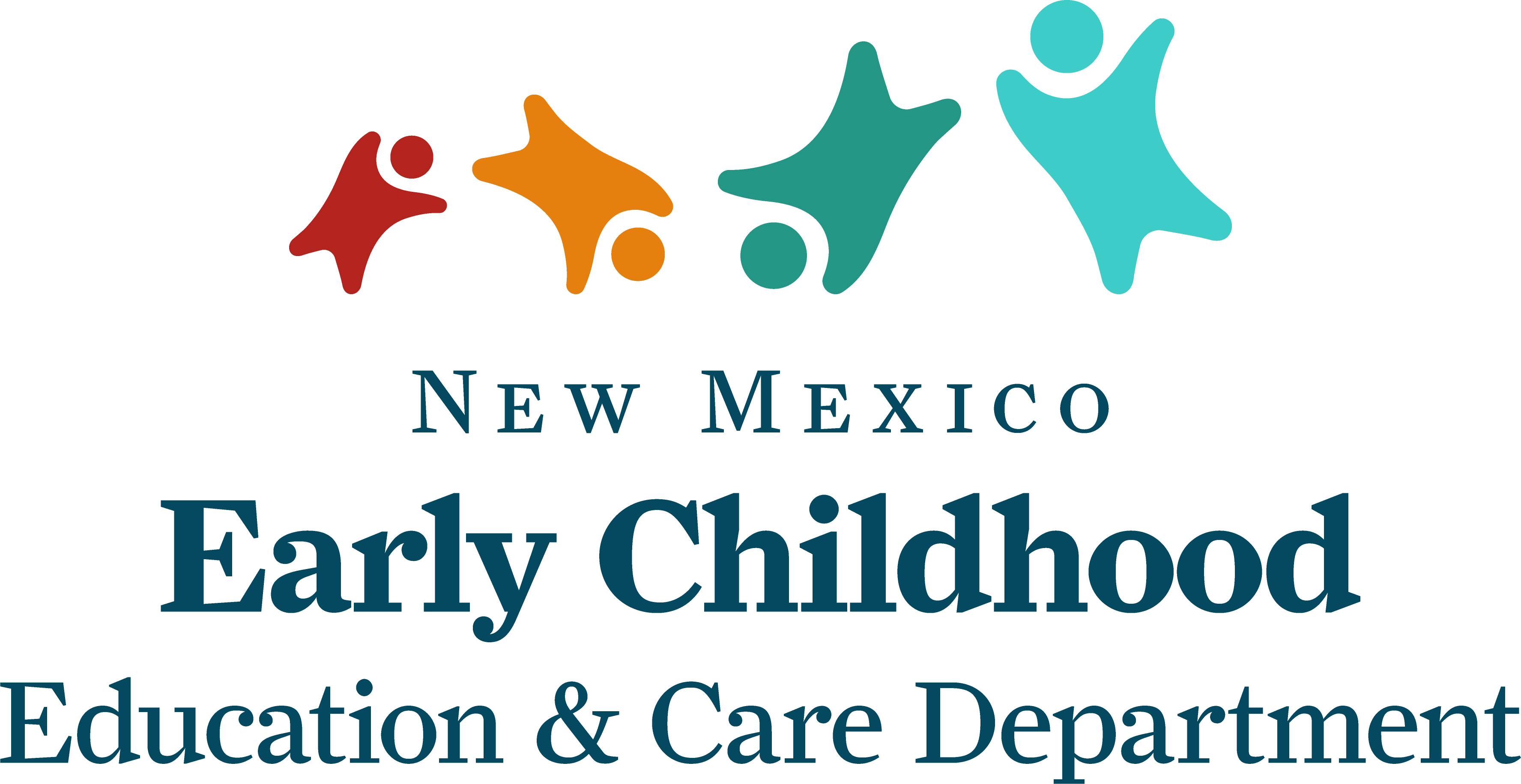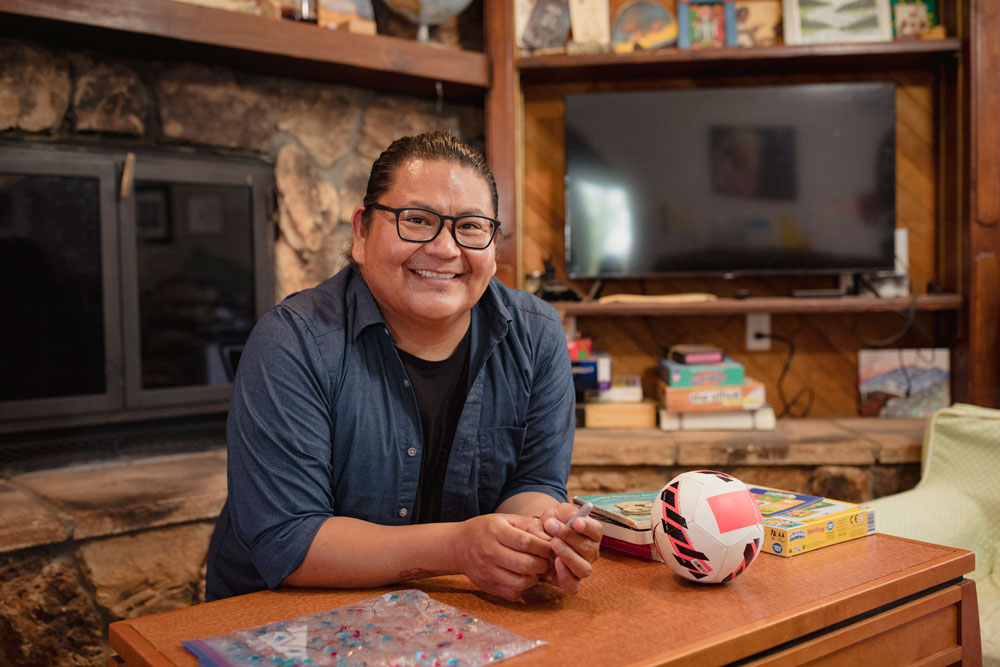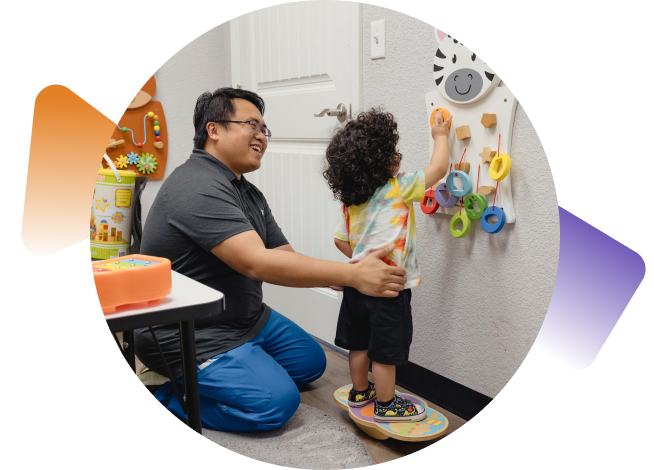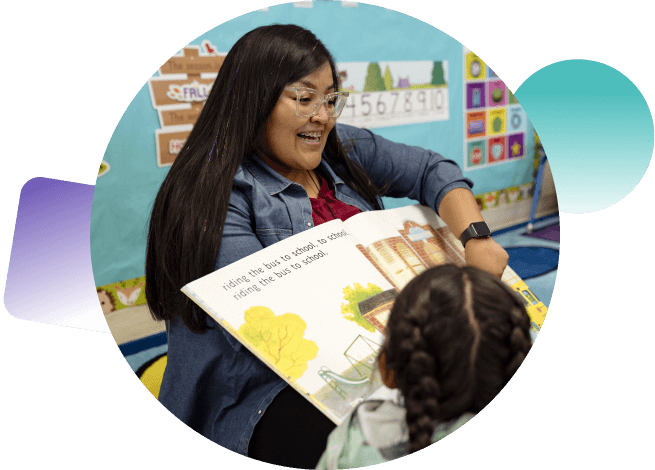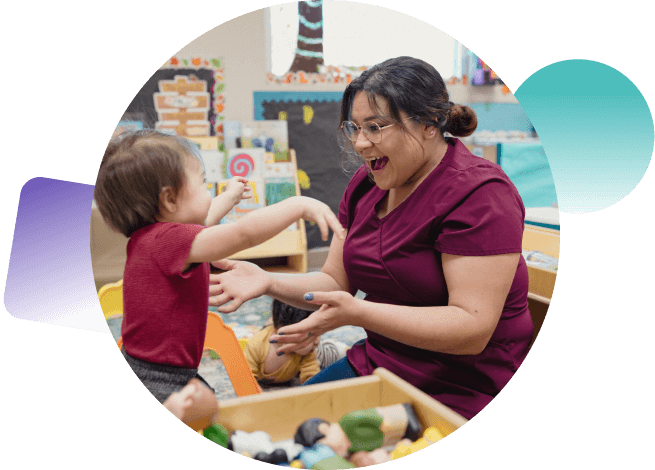What Is Home Visiting?
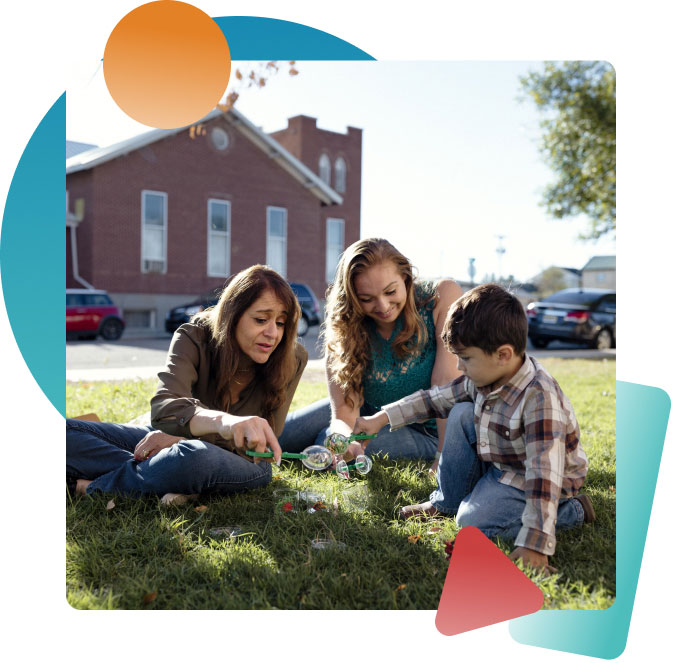
Home visiting is a program that supports New Mexico families with young children prenatal through age five using a multi-generation approach. Home visitors support both caregivers (including parents, grandparents, and other family caregivers) and children. As a home visitor, you’ll meet with families in their homes (or sometimes virtually) to provide guidance, connect caregivers with important resources, perform screenings, and offer nonjudgemental assistance with childrearing or interpersonal issues that families may be facing.
As a home visitor, you’ll play an essential role in building healthy families and communities. You’ll develop lasting relationships with parents, caregivers, and young children while serving as a trusted resource and encouraging supporter. You’ll collaborate with all kinds of programs, community services, and local resources to help create a unique system of support for each family you serve. And perhaps most importantly, you’ll be helping to build a brighter future for New Mexico families - one parent, caregiver, and child at a time.


Featured Professional: Olga

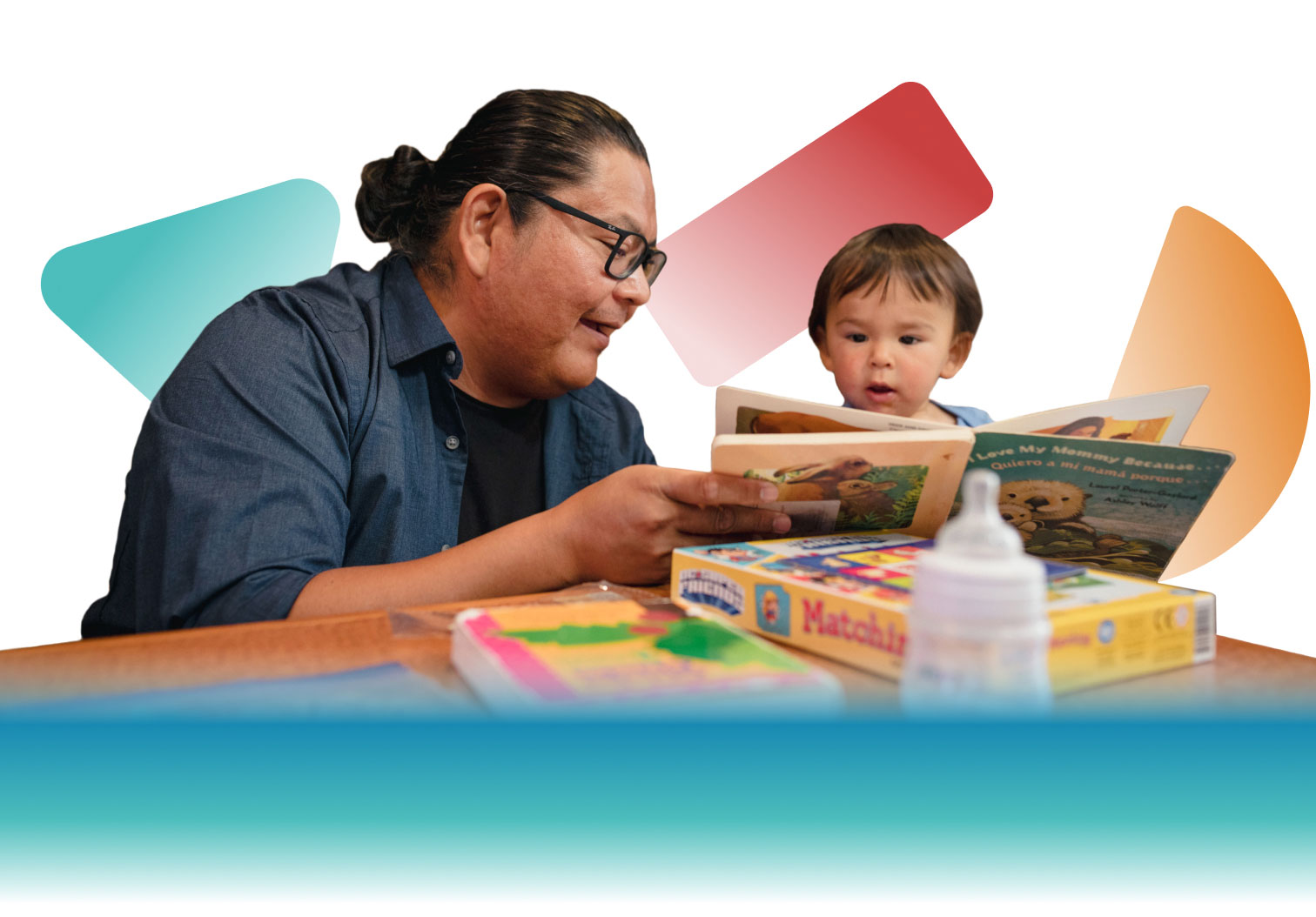
How Do I Know Home Visiting Is Right for Me?
If you’re passionate about early childhood development, healthy family systems, and community collaboration, home visiting could be a great fit. However, here are a few things to keep in mind as you consider this career.
Career Stories
Discover stories of real New Mexico professionals in home visiting.
